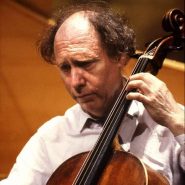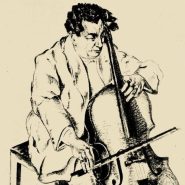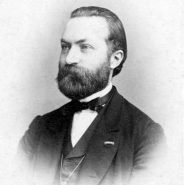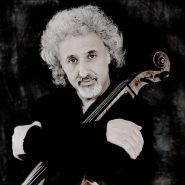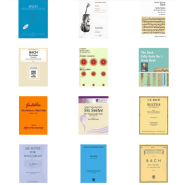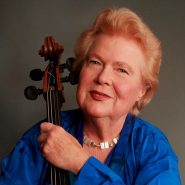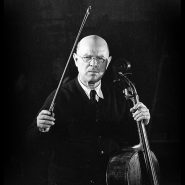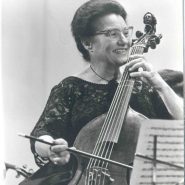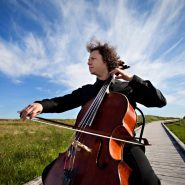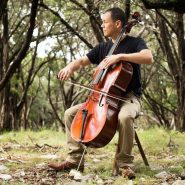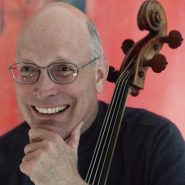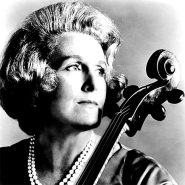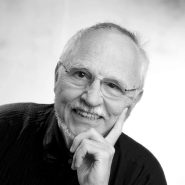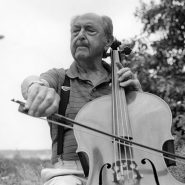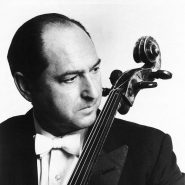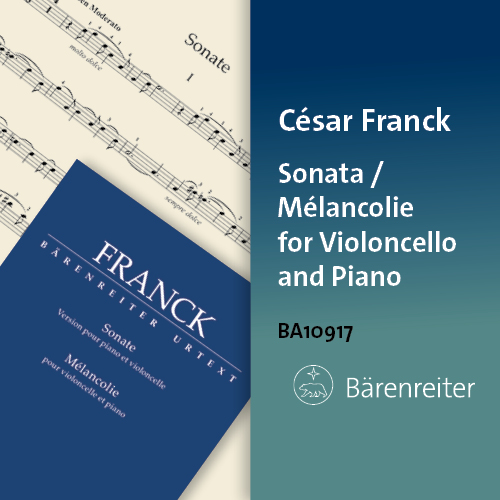Tag: Pablo Casals
By Tim Janof August 7, 2023
By Natali Herrera-Pacheco, Horacio Contreras, and Germán Marcano June 12, 2022
By Janet Horvath March 18, 2022
Subjects Historical
Tags Alexander Wierzbilowicz, Alfred von Glehn, Antonio Janigro, Armenian School, Bernard Greenhouse, Carl Fuchs, David Soyer, Davidov Cello Concerto, Diran Alexanian, Enesco, Feuermann, Fournier, Franco-Belgian School, Friedrich Grützmacher, German School, Gregor Piatigorsky, Hanus Wihan, Hugo Becker, Janet Horvath, Joseph Joachim, Julius Klengel, Karl Davidov, Leo Stern, Mischa Schneider, Pablo Casals, Raya Garbusova, Russian School, Schools of Cello Playing
By Tim Janof January 17, 2022
By Tim Janof November 30, 2021
By Tim Janof February 8, 2021
By Tim Janof November 18, 2020
Subjects Interviews
By Tim Janof October 29, 2020
By Tim Janof October 7, 2020
By Tim Janof September 16, 2020
By Tim Janof October 27, 2019
Subjects Interviews
By Tim Janof October 27, 2019
